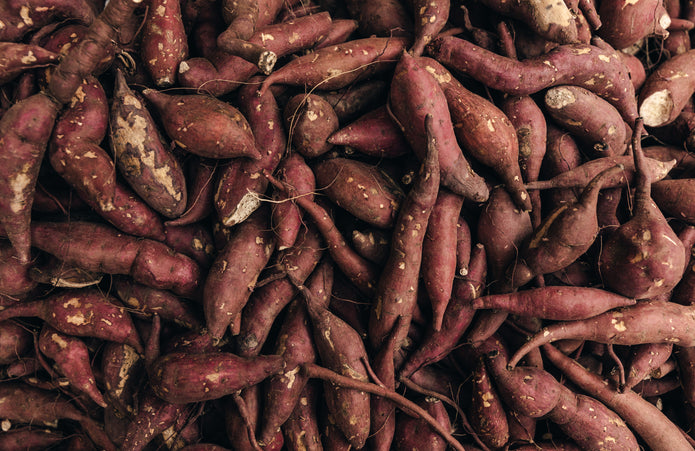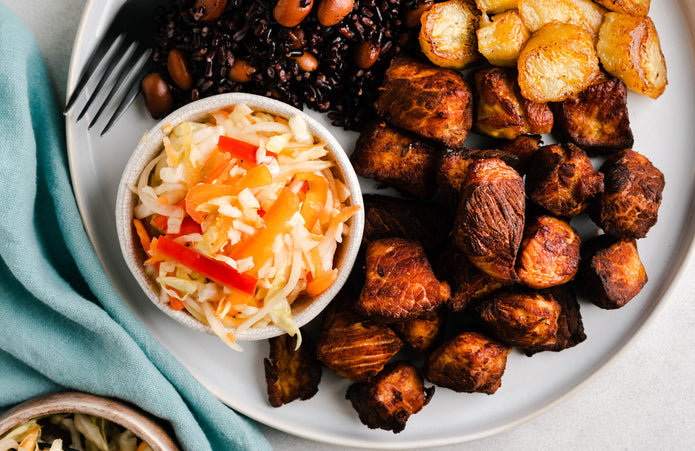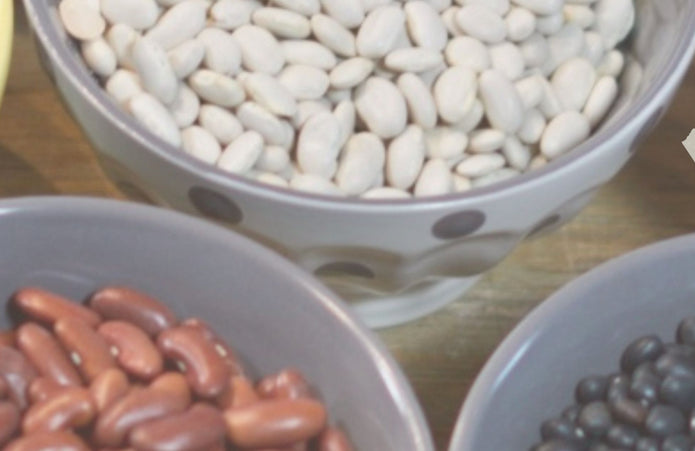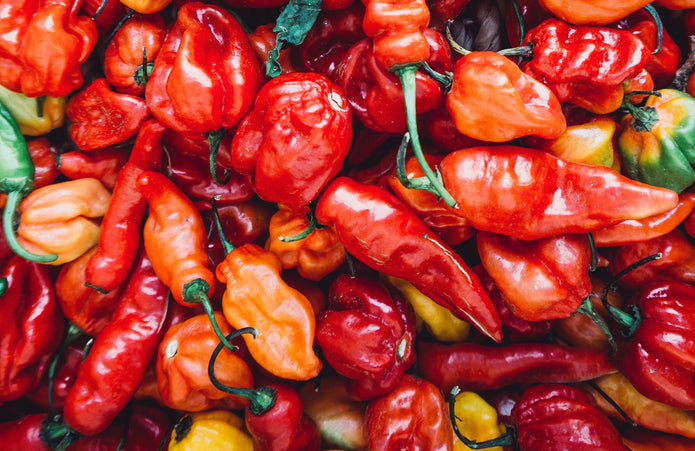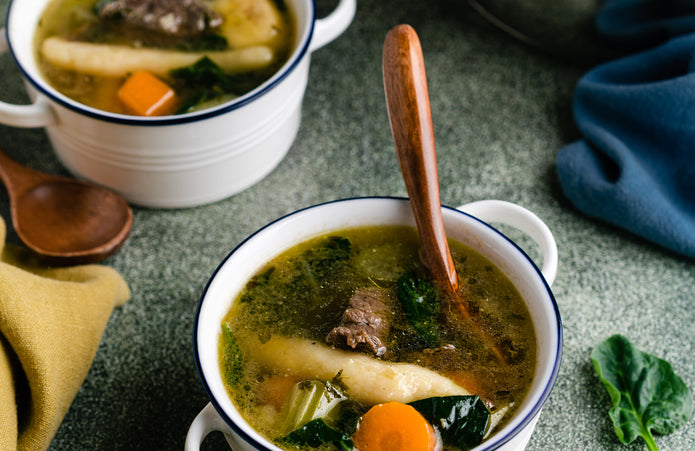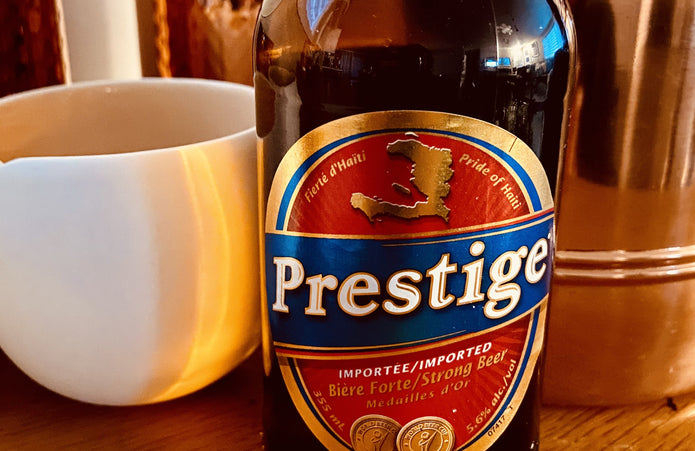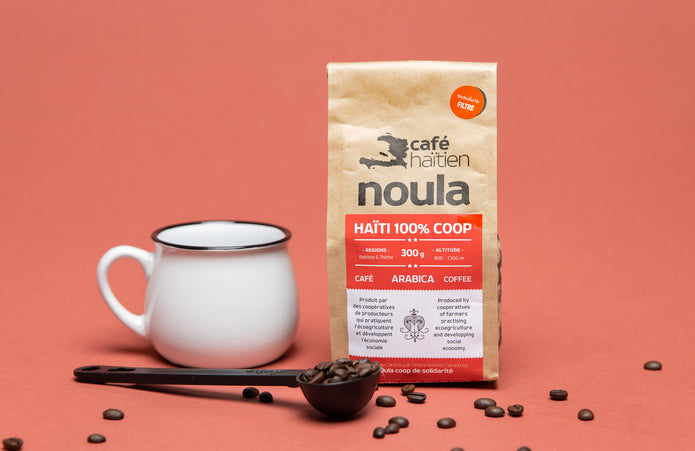I love avocados. I literally like to add avocados to my every meal and find myself eating them guilt-free. If you're also an avocado lover like me, then this blog post contains some important information you might be interested to know about.
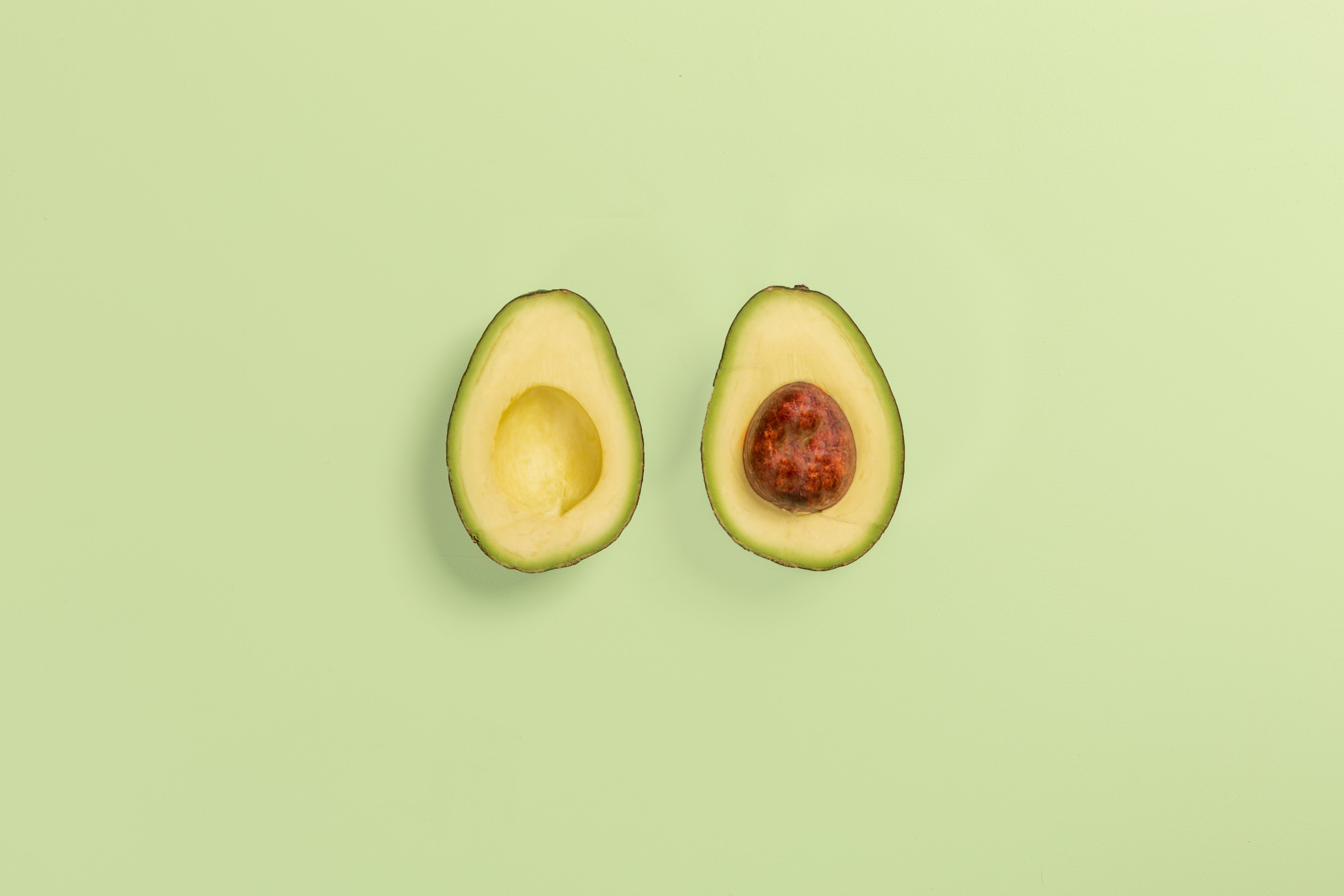
What Is Avocado?
Avocado is a big, fleshy berry that looks like a pear. It has a single, big seed that is encased in a firm shell and buttery pulp. The outer skin can be yellowish green, red, or purple, and the soft flesh has a light yellow-green color.
The flesh has the texture of a hard ripe banana, is smooth and buttery, and has a mildly nutty flavor. This is suitable for a variety of meals, including sandwiches.
The following avocado varieties are popular:
- Choquette. Choquettes have smooth, glossy skin and fluid flesh that oozes when cut. It's from South Florida.
- Lula. Lulas peak in summer, have fewer natural oils and consist of more water than other varieties.
- Hass. Hass is the most popular. Its buttery, nutty flavor and spherical shape are available year-round. As it ripens, its skin turns black.
- Reed. The Reed is summer-only. It tastes milder and is softball-sized. Reed skin stays green as it ripens, unlike other types.
Chile, Mexico, and California are important agricultural areas. Mexico is one of the few countries where avocados are grown all year long. Specifically, the state of Michoacán in Mexico has the optimum conditions for the growth of avocado trees, including fertile volcanic soil, plentiful sunshine, and adequate rainfall.
Health Benefits Of Avocados
The disease can be prevented and reversed with the aid of a healthy lifestyle and a nourishing diet. You can welcome avocados as a healthy food. Avocados provide you with vitamins, minerals, and excellent fats that keep your body healthy and prevent disease. Avocados may prevent:
- Cancer. Avocados are a good source of folate, which may reduce your chance of developing some cancers like colon and prostate cancer. Avocado nutrients may also be used to treat cancer.
- Osteoporosis and arthritis. Studies on avocado oil extracts reveal they can lessen the symptoms of osteoarthritis. Avocados include vitamin K, which supports bone health by decreasing bone loss and preventing osteoporosis.
- Heart. Avocados are rich in monounsaturated fatty acids, especially oleic acid. This fat is good for the heart and helps to prevent inflammatory heart disease. Avocados also contain beta-sitosterol, the plant-based version of cholesterol. Your cholesterol levels can be decreased using beta-sitosterol.
- Depression. Low folate levels have been linked to depression, according to research. Folate aids in the prevention of homocysteine accumulation in the blood. Homocysteine worsens depression by slowing the supply of nutrients to the brain. Avocados contain a lot of folate, which may help prevent depression.
- Digestion. Avocados are a great source of fiber. They are rich in insoluble fiber, which the digestive system uses to flush out waste. Regular fiber consumption can prevent constipation.
Use in Caribbean Cooking
Avocados are a staple in Caribbean cuisine, where they are frequently served as a side dish guacamole, eaten with bread (particularly hard dough bread), or paired with other foods.
Avocados can replace butter or cheese when spread on bread. When consumed as a salad or side dish, avocados are considered a vegetable. Avocados are considered fruits in some places and are used in drinks.





